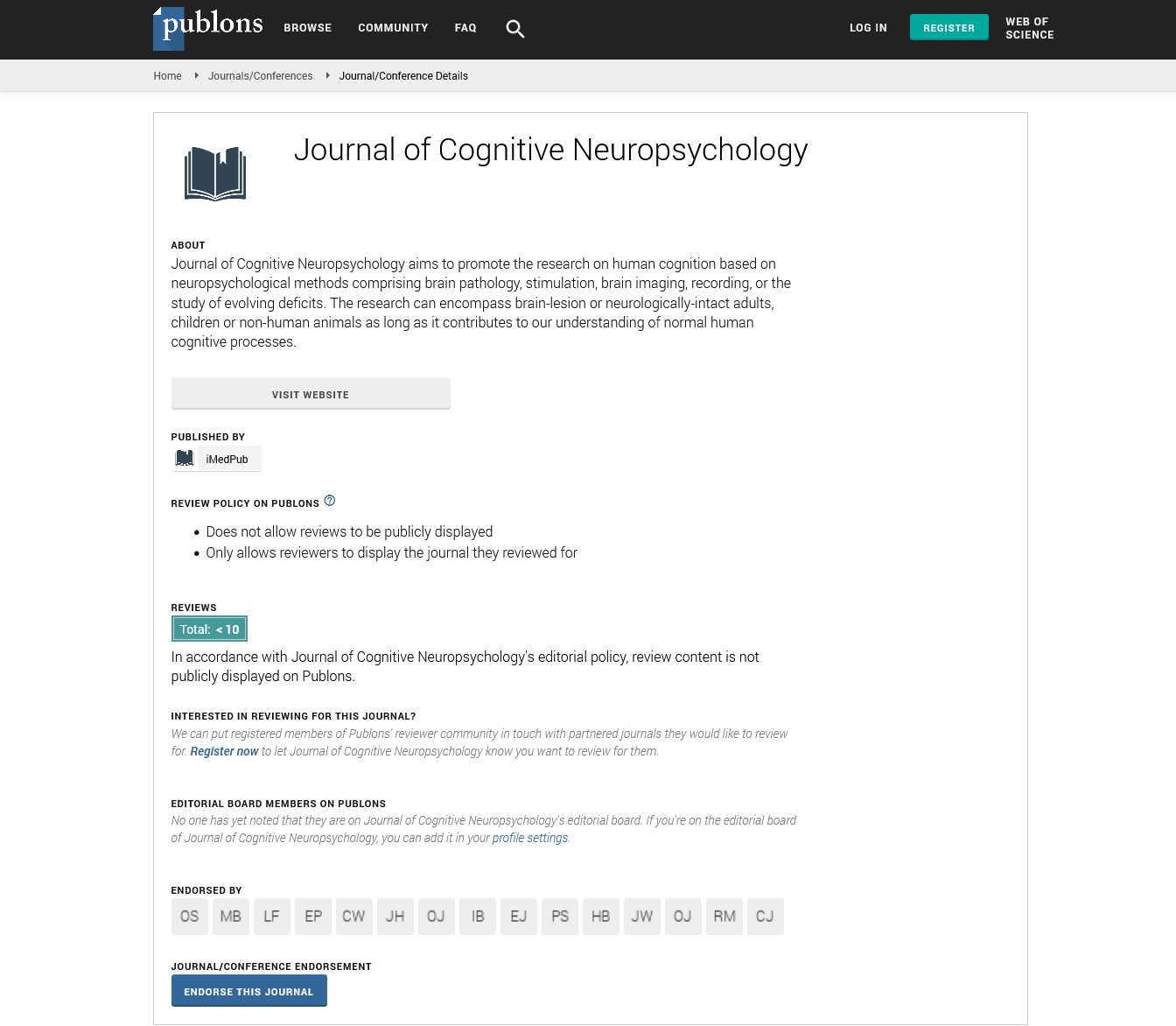The Hot Brain Hypothesis, stress research and implications for the neuropsychiatric classification of emotion related brain functioning
17th World Congress on Vascular Dementia and Neurodegenerative Diseases
April 12, 2021 Webinar
Valentin Ionescu
Faculty of Biology, Bucharest University, 050095 Romania
ScientificTracks Abstracts: Jour Cogn Neuropsy
Abstract
My research of the effect of stress on adolescent brain functioning has led to the validation of the positive therapeutic impact of the fluid teaching interaction, based on a dimension of personality called fluidity (empathy, sincerity and positive interaction). The equation of fluidity that relates this dimension of the student, teacher and group and the salivary cortisol samples after a social stress test, followed by a fluid interaction in a democratic encounter group, prove the biological impact of such specific interaction on the reduction of stress. The effects of this approach are educational, developmental and therapeutic as well. They sustain a hypothesis about emotions and cognitive processes in the brain, the Hot Brain Hypothesis, and a micro-hypothesis about a quadruple brain functioning classification (supercold, cold, hot and superhot brain) that has consequences from the neuropsychiatric perspective of establishing a diagnostic and of an efficient therapeutic intervention. I present some criteria and elements of each category and at the same time I argue that the proposed classification of brain functioning from the emotion-cognition interaction perspective surpasses the linear and clear-cut partition and offers arguments for the four types of brain functioning as a psychiatric taxonomy on a continuum but also, mutatis mutandis, as four modes of everyday brain functioning in an active-adaptive strategy to a changing social context.
Biography
Valentín Ionescu has completed his PhD in philosophy at the age of 33 from Bucharest University and attends a neurobiology master program at Faculty of Biology. He is a school teacher at Cantemir-vodă National College and has a collaboration with the Pedagogy Center of the Faculty of Philosophy and the C I Parhon Endocrinology Institute. He has published four papers in reputed spanish journals on philosophy, psychology and neuroscience topics, a book, El hombre fluido y el futuro de la enseñanza. Una perspectiva de la psiconeuroendocrinologia social y afectiva, and gave four presentations at three conferences only in 2019. He is also a writer and published two letters (out of 34) of his alter-ego: Don Quixote the second.
Google Scholar citation report
Citations : 8
Journal of Cognitive Neuropsychology received 8 citations as per Google Scholar report
Journal of Cognitive Neuropsychology peer review process verified at publons
Abstracted/Indexed in
- Google Scholar
- Publons
- MIAR
Open Access Journals
- Aquaculture & Veterinary Science
- Chemistry & Chemical Sciences
- Clinical Sciences
- Engineering
- General Science
- Genetics & Molecular Biology
- Health Care & Nursing
- Immunology & Microbiology
- Materials Science
- Mathematics & Physics
- Medical Sciences
- Neurology & Psychiatry
- Oncology & Cancer Science
- Pharmaceutical Sciences
